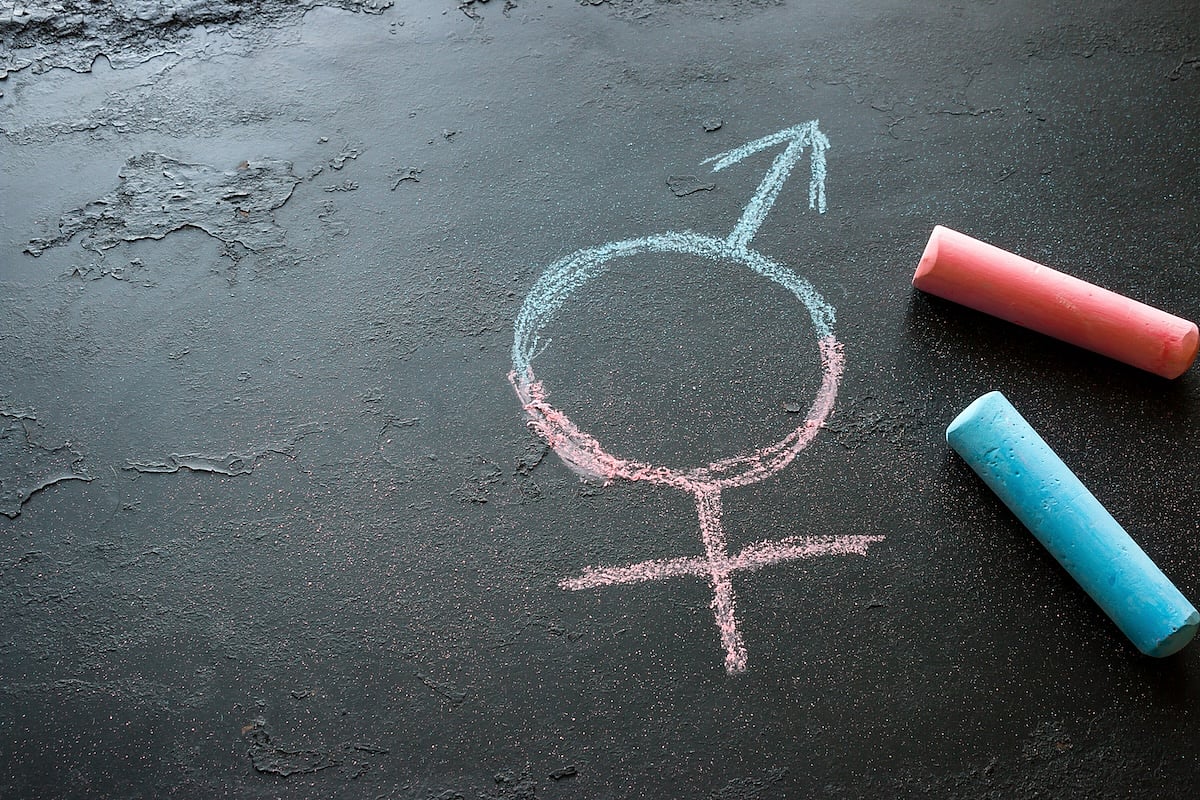Get Healthy!

- Dennis Thompson
- Posted October 8, 2024
3% of U.S. High School Students Identify as Transgender, First National Survey Finds
WEDNESDAY, Oct. 9, 2024 (HealthDay news) -- About 3% of U.S. high school students identify as transgender, according to the first federal attempt to gather national data on trans teens.
Another 2% question their gender identity, results from the 2023 Youth Risk Behavior Survey showed.
The survey also found that trans and gender-questioning teens face much higher rates of bullying, persistent sadness and suicidal thoughts or behaviors compared with their cisgender peers.
For example, bullying occurs twice as frequently among transgender teens compared to cisgender students, data from the U.S. Centers of Disease Control and Prevention revealed.
“We have 5% of young people in the country who, because of the way they identify around their gender, are stigmatized, bullied, made to feel unsafe, feel disconnected at school and consequently have poorer mental health and higher risk for suicide than their cisgender peers,” Kathleen Ethier, director of the CDC’s adolescent and school health division, told the New York Times. “That’s just heartbreaking.”
The 2023 Youth Risk Behavior Survey is the first time the annual survey asked teens whether they identify as transgender or are gender-questioning. The survey included 20,103 public and private school students in grades 9 through 12 from all 50 U.S. states and the District of Columbia.
About 40% of trans and gender-questioning students reported bullying, compared to 20% of cisgender girls and 15% of cisgender boys, survey results showed.
In addition, around 25% of trans and gender-questioning students skipped school within the past 30 days because they felt unsafe, compared with about 8% of cisgender boys and 15% of cisgender girls.
Transgender students also were much more likely to report:
Persistent sadness or hopelessness, about 72% compared with 50% of cisgender girls and 26% of cisgender boys
Poor mental health, 65% compared to 38% of cisgender girls and 18% of cisgender boys
Thoughts of suicide, 53% compared with 24% of cisgender girls and 12% of cisgender boys
Suicide attempts, 26% compared with 11% of cisgender girls and 5% of cisgender boys
Transgender students often also reported extreme feelings of isolation. About 36% of trans teens and 46% of gender-questioning teens said they feel close to others at school, compared with 51% of cisgender girls and 62% of cisgender boys.
Trans teens also are more likely to experience unstable housing, about 11% compared with around 2% of cisgender boys or girls.
“The structural and interpersonal discrimination, including family rejection, faced by transgender students puts this population at increased risk for experiencing unstable housing,” the researchers said in their report, published Oct. 10 in the CDC publication Morbidity and Mortality Weekly Report. “Transgender students might experience discrimination, harassment and assault among foster, shelter and other social service providers that make this population less likely to be sheltered when experiencing unstable housing, compounding their vulnerability to experiences of violence, poor mental health and suicidal thoughts and behaviors.”
The CDC report called on educators to help trans and gender-questioning teenagers -- and, by extension, all teens -- by offering troubled students a safe haven.
“Schools are in a unique position to create safe and supportive environments, free from violence and bullying, for all students, including transgender and questioning students,” the report noted.
“In particular, school connectedness and activities to promote safe and supportive environments are associated with decreased odds of experiencing violence, poor mental health and suicidal thoughts and behaviors among high school students,” the report added. “Activities that are inclusive of LGBTQ+ students are associated with decreases in the odds of these experiences among all students, regardless of sexual identity.”
If you or a loved one are experiencing a suicidal crisis or emotional distress, call or text 988 to reach the 988 Suicide and Crisis Lifeline.
More information
UCLA has more on the school experiences of transgender people.
SOURCE: U.S. Centers for Disease Control and Prevention, news release, Oct. 8, 2024
